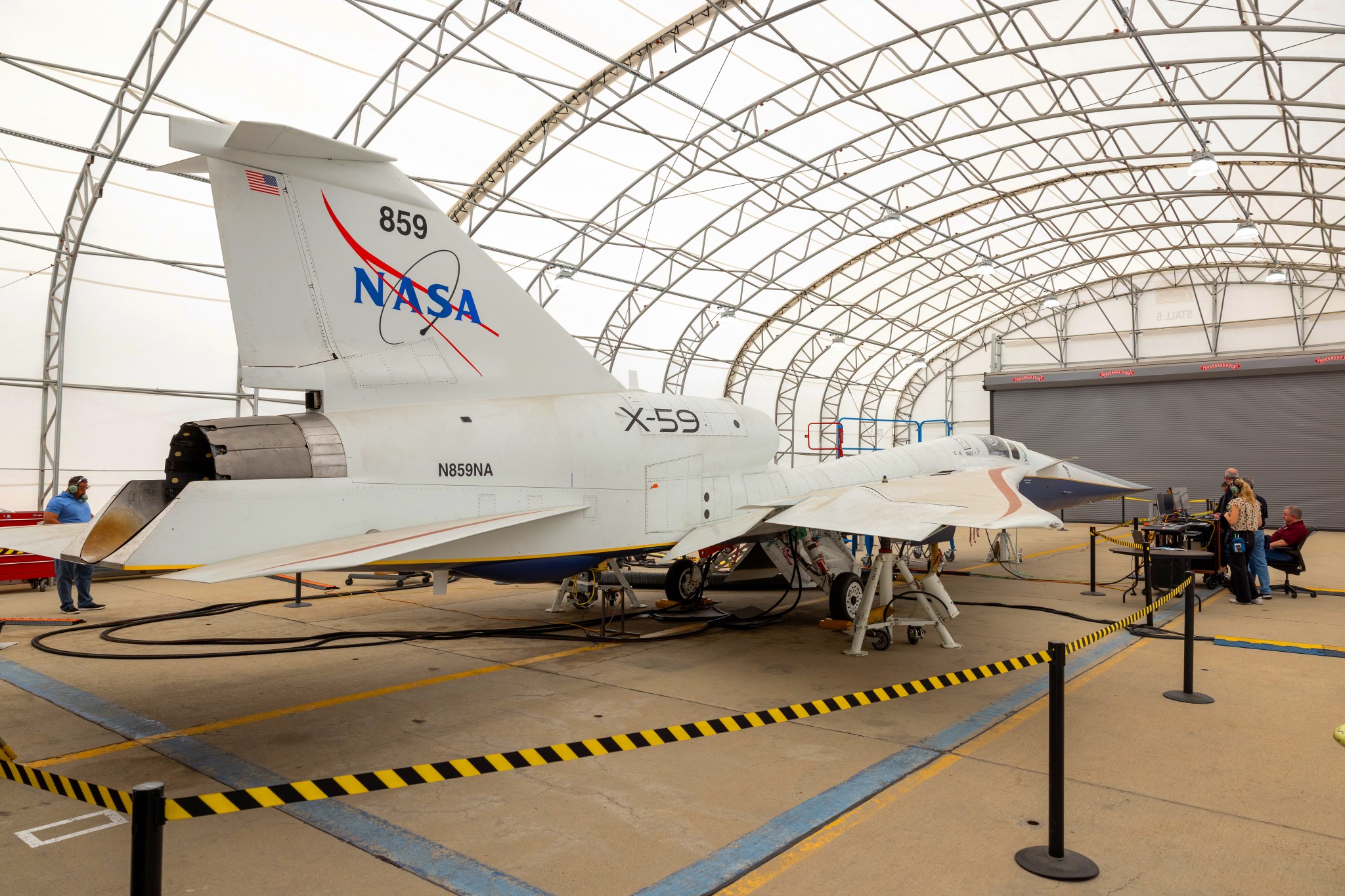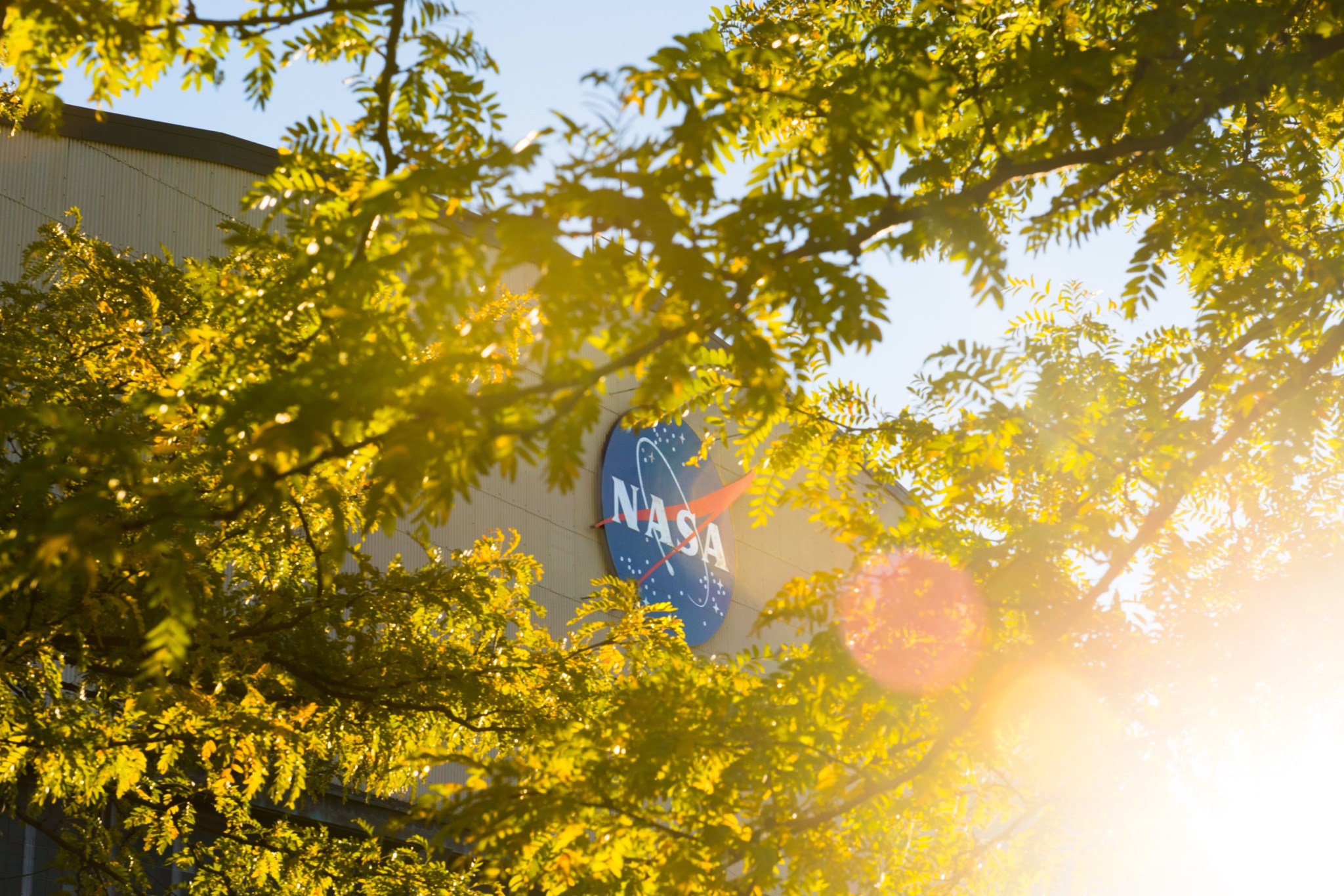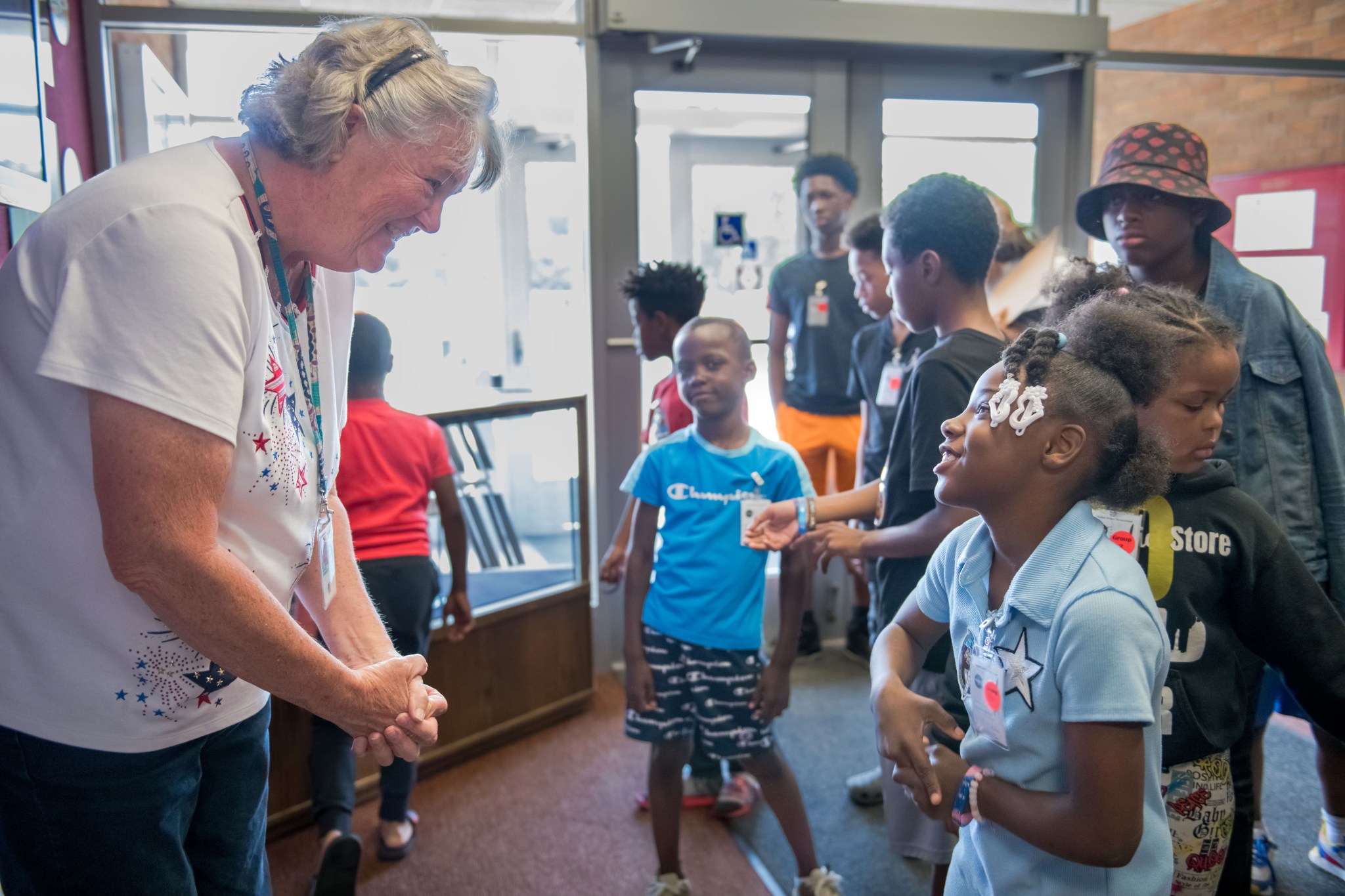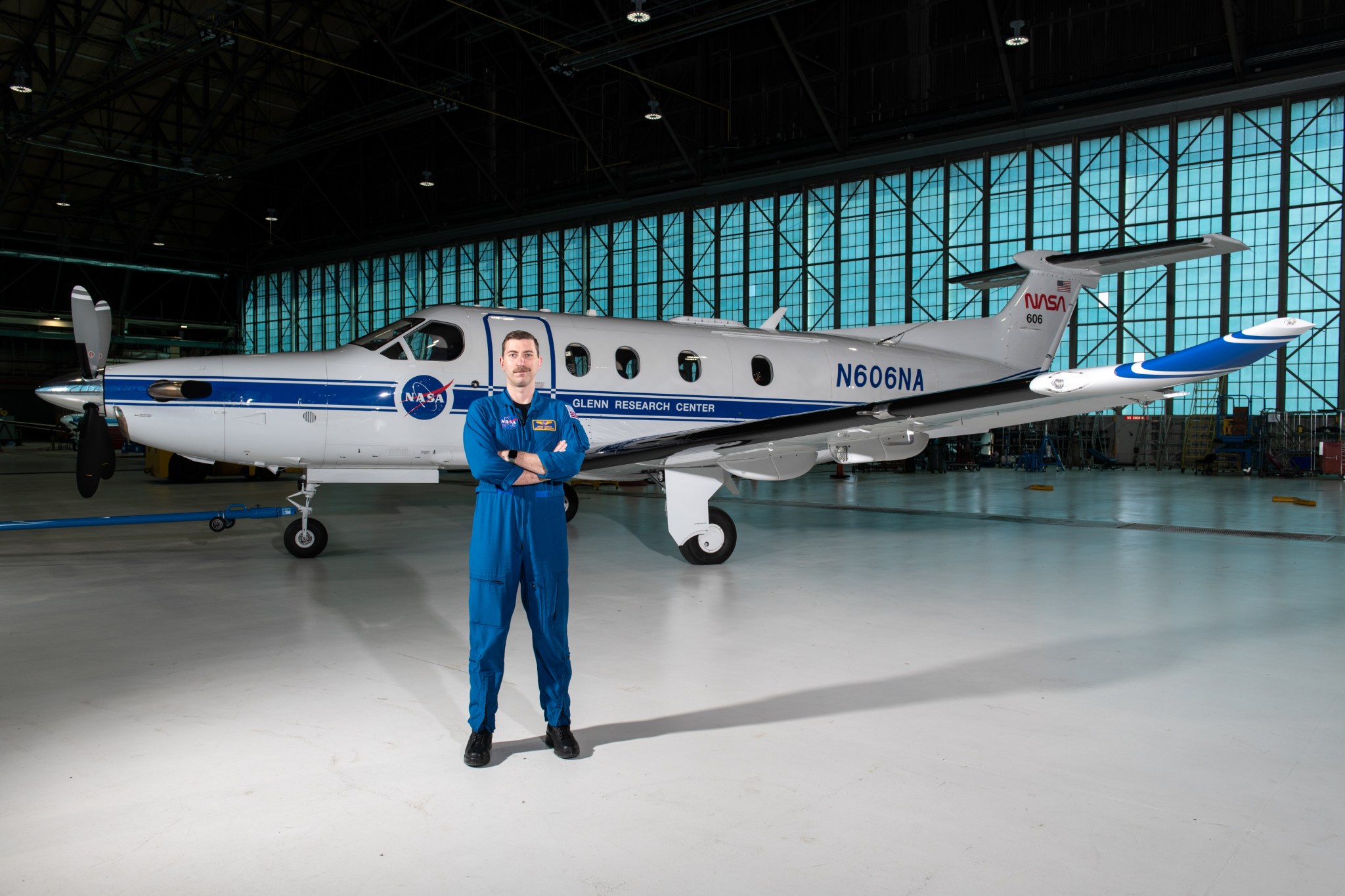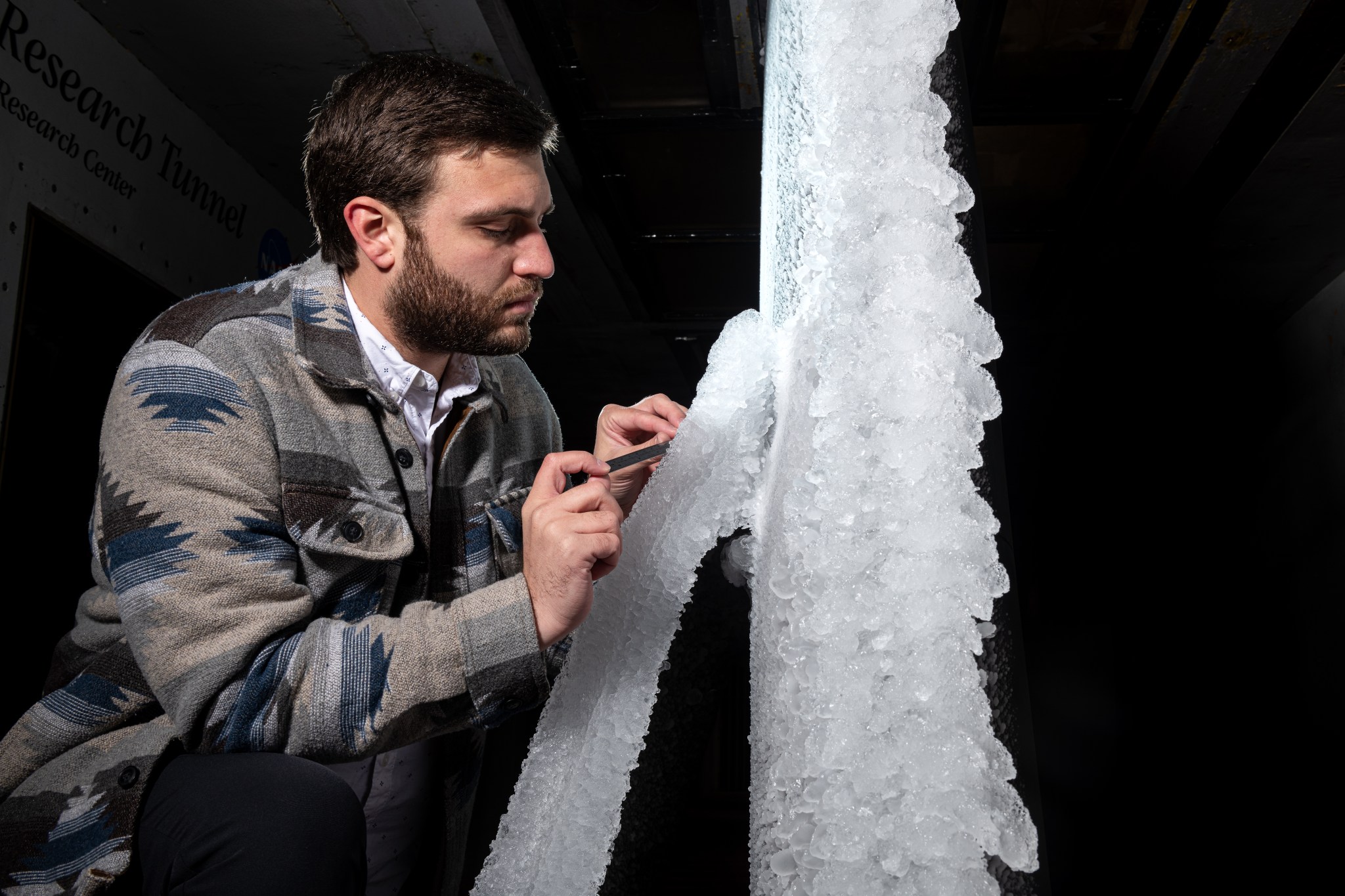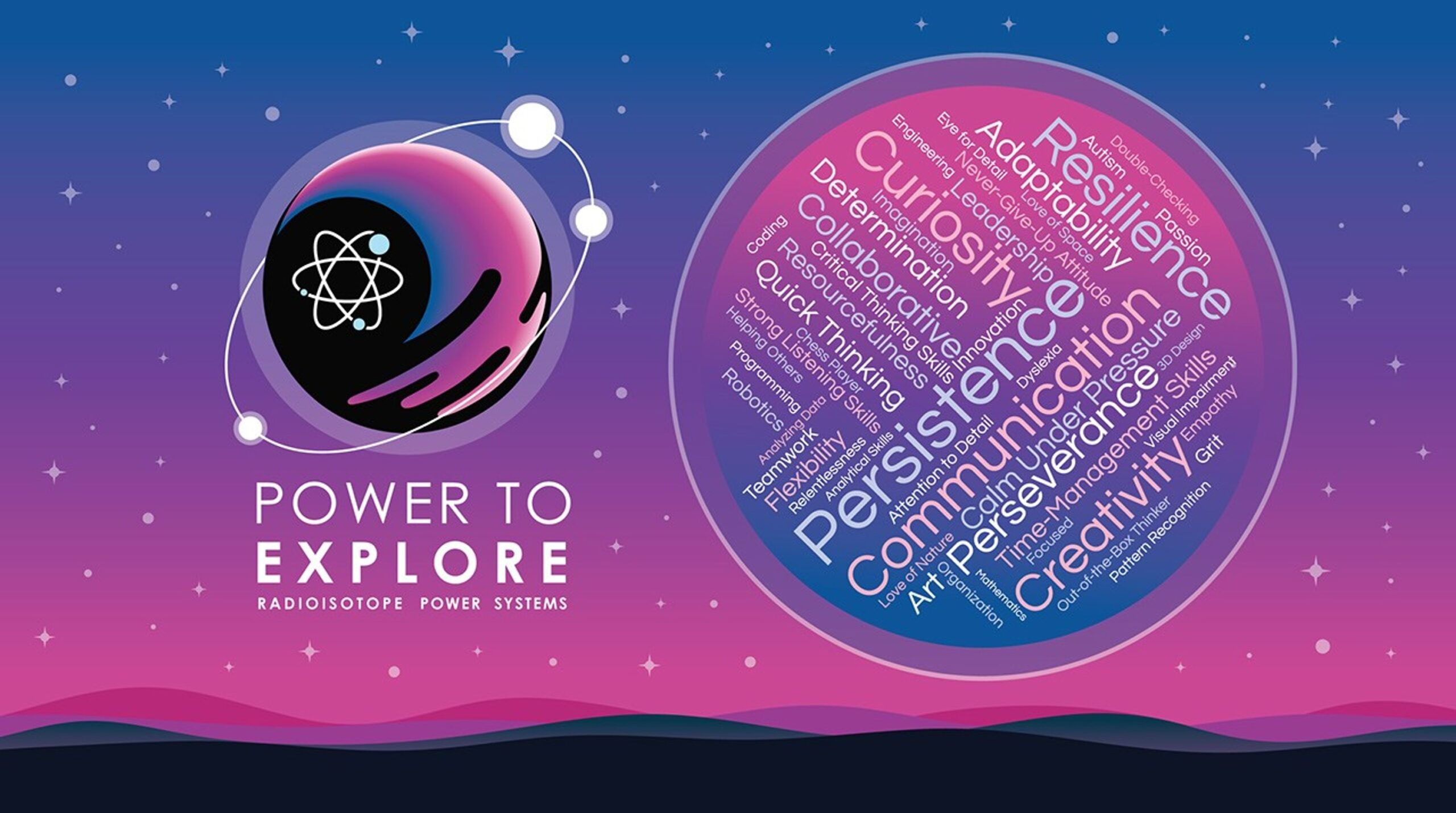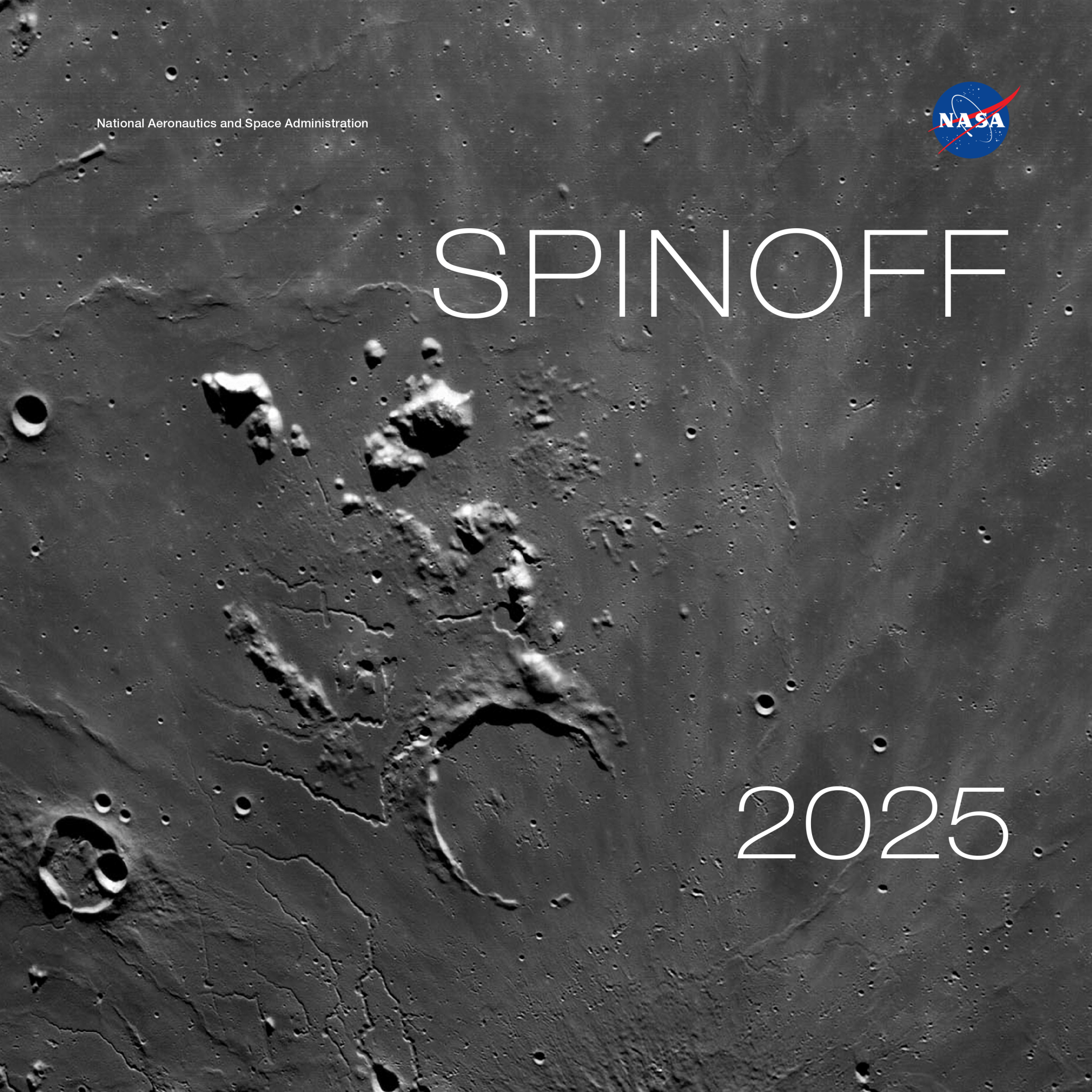A group of students huddle around two of their classmates using virtual reality headsets to get an up-close view of a rocket during Education Day with the Lake Erie Crushers on Thursday, May 15, 2025. Credit: NASA/Chris Hartenstine NASA’s Glenn Research Center headed to the ballpark for Education Day with the Lake Erie Crushers on May 15. NASA Glenn staff showcased the science of NASA using portable wind tunnel demonstrations, virtual reality simulations, and other interactives inspired by NASA’s Artemis missions. NASA Glenn Research Center engineers Heath Reising, far left,…
Read MoreTag: Glenn Research Center
NASA X-59’s Latest Testing Milestone: Simulating Flight from the Ground
5 min read Preparations for Next Moonwalk Simulations Underway (and Underwater) NASA’s X-59 quiet supersonic research aircraft is seen during its “aluminum bird” systems testing at Lockheed Martin’s Skunk Works facility in Palmdale, California. The test verified how the aircraft’s hardware and software work together, responding to pilot inputs and handling injected system failures. Lockheed Martin / Garry Tice NASA’s X-59 quiet supersonic research aircraft successfully completed a critical series of tests in which the airplane was put through its paces for cruising high above the California desert – all…
Read MoreUsing Our Facilities
NASA’s Glenn Research Center in Cleveland provides ground test facilities to industry, government, and academia specializing in the following: Acoustics Engine Components Testing Full-Scale Engine Testing Flight Research Icing Research Materials and Structures Microgravity Space Power and Propulsion Wind Tunnels Electromagnetic Interference Laboratory Our unique facilities offer superior customer service, flexible scheduling, and state-of-the-art testing capabilities. Facility Request Process Customer contacts the facility manager and/or submits a test request form. See below for the Facility Request Form. The facility manager will contact the customer to discuss the request and obtain…
Read MoreA Glimpse of a Meatball
NASA/Bridget Caswell The NASA “meatball” logo, mounted on the Flight Research Building at NASA’s Glenn Research Center in Cleveland, peeks through tree leaves in this June 10, 2016, photo. Built in the 1940s, the Flight Research Building, also known as the NASA Glenn Hangar, is a facility large enough to hold numerous aircraft of various sizes. It has been home to many unique and innovative aircraft over the years. Take a virtual tour of the Hangar. Image credit: NASA/Bridget Caswell
Read MoreNASA Invites Local Middle Schoolers to Explore Agency STEM Careers
Students take a tour of the Glenn International Space Station Payload Operations Center at NASA’s Glenn Research Center in Cleveland, where researchers operate International Space Station experiments, during 4-H Day on June 14, 2024. Credit: NASA/Jef Janis Ohio middle school students will step into the shoes of real-world NASA professionals for a day of career exploration and hands-on activities at NASA’s Glenn Research Center in Cleveland. Nearly 200 students are slated to participate in TECH Day at NASA Glenn on May 1, from 10 a.m. to 1 p.m. Media are…
Read MoreAir Force Pilot, SkillBridge Fellow Helps NASA Research Soar
Jeremy Johnson, a research pilot and aviation safety officer, poses in front of a PC-12 aircraft inside the hangar at NASA’s Glenn Research Center in Cleveland on Thursday, April 17, 2025. Johnson flies NASA planes to support important scientific research and testing. Credit: NASA/Sara Lowthian-Hanna Jeremy Johnson laces his black, steel-toed boots and zips up his dark blue flight suit. Having just finished a pre-flight mission briefing with his team, the only thing on his mind is heading to the aircraft hangar and getting a plane in the air. As…
Read MoreNASA Studies Wind Effects and Aircraft Tracking with Joby Aircraft
3 min read Preparations for Next Moonwalk Simulations Underway (and Underwater) One of several NASA distributed sensing ground nodes is set up in the foreground while an experimental air taxi aircraft owned by Joby Aviation sits in the background near NASA’s Armstrong Flight Research Center in Edwards, California, on March 12, 2025. NASA is collecting information during this study to help advance future air taxi flights, especially those occurring in cities, to track aircraft moving through traffic corridors and around landing zones. NASA/Genaro Vavuris NASA engineers began using a network of…
Read MoreStudying Ice for the Future of Flight
NASA/Jordan Cochran Thomas Ozoroski, a researcher at NASA’s Glenn Research Center in Cleveland, takes icing accretion measurements in October 2024 as part of transonic truss-braced wing concept research. In the future, aircraft with long, thin wings supported by aerodynamic braces could help airlines save on fuel costs – but those same wings could be susceptible to ice buildup. In the historic Icing Research Tunnel at NASA Glenn, scientists and engineers are testing a concept for a transonic truss-braced wing. Their goal: to collect important data to inform the design of these…
Read MoreNASA Reveals Semifinalists of Power to Explore Challenge
Explore This Section RPS Home About About RPS About the Program About Plutonium-238 Safety and Reliability For Mission Planners Contact RPS Systems Overview Power Systems Thermal Systems Dynamic Radioisotope Power Missions Overview Timeline News Resources STEM Power to Explore Contest FAQ 4 min read NASA Reveals Semifinalists of Power to Explore Challenge A word cloud showing “superpowers” of the 45 semifinalists. NASA/David Lam NASA selected 45 student essays as semifinalists of its 2024-2025 Power to Explore Challenge, a national competition for K-12 students featuring the enabling power of radioisotopes. Contestants…
Read MoreNASA’s Advancements in Space Continue Generating Products on Earth
The cover of Spinoff 2025, NASA’s annual publication that chronicles commercial products born from space technology, is a detailed view of the lunar surface captured by cameras on the Orion spacecraft on a close approach of the Moon during the Artemis I mission. Credit: NASA The latest edition of NASA’s Spinoff publication, which highlights the successful transfer of agency technology to the commercial sector, is now available online. For nearly 25 years, NASA has supported crew working in low Earth orbit to learn about the space environment and perform research…
Read More
